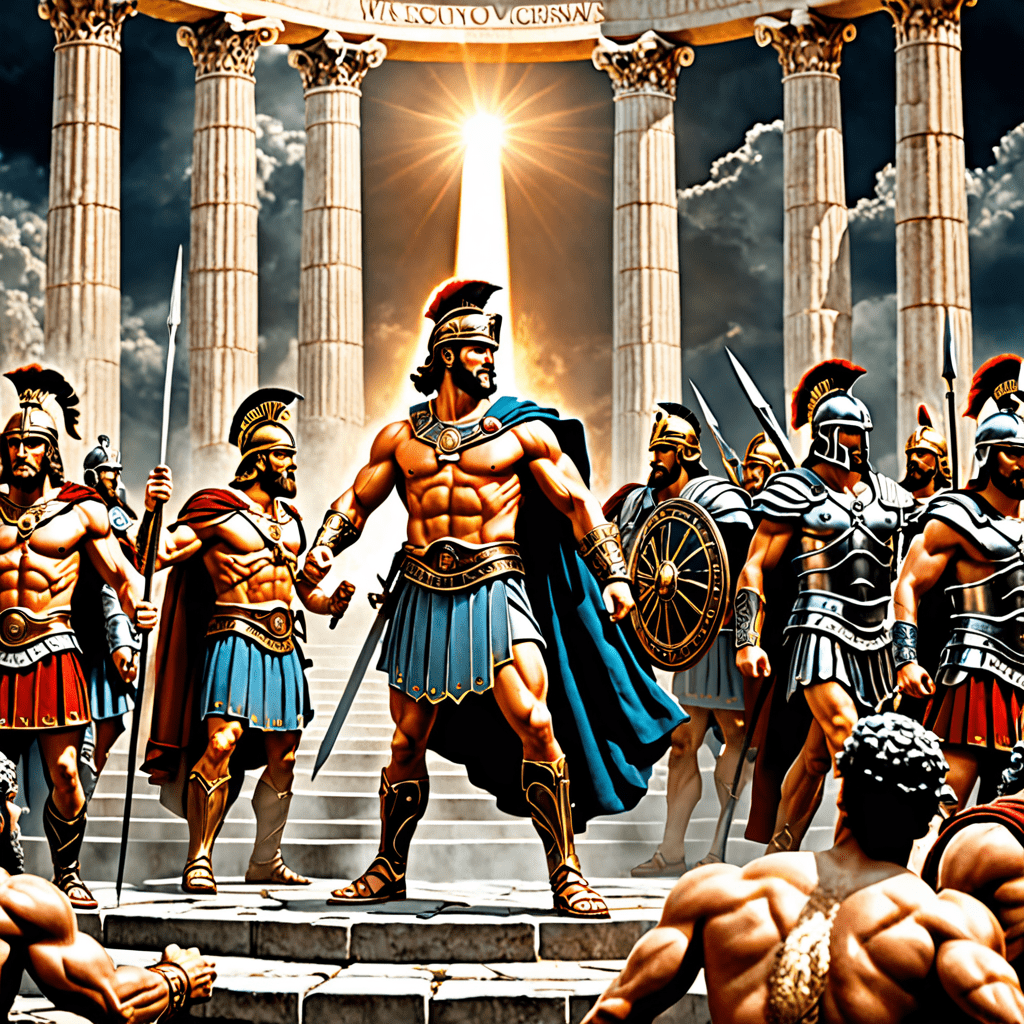Roman Mythology: Gods of War and Diplomacy
The Gods of War in Roman Mythology
In Roman mythology, Mars was the central figure when it came to war. Mars was the god of war, embodying military power and defense. He was often depicted wearing armor and wielding a spear, symbolizing strength in battle. Romans believed that by honoring Mars through sacrifices and prayers, they could seek protection in times of war and secure victory in conflicts. Mars was also associated with agriculture, as battles were sometimes seen as necessary for ensuring peace and prosperity.
Minerva: The Goddess of Wisdom and Strategy
Minerva was revered as the goddess of wisdom, strategy, and defensive warfare. Unlike Mars, who represented the brutal aspect of war, Minerva emphasized the importance of planning, intellect, and diplomacy in conflicts. She was also linked to the arts, trade, and craftsmanship, showcasing a multifaceted approach to peace and prosperity. Romans looked up to Minerva for guidance in matters of diplomacy and negotiation, recognizing the essence of intellect in resolving disputes peacefully.
Mars vs. Minerva: Balancing War and Diplomacy
While Mars and Minerva held distinct domains in war and diplomacy, Romans understood the necessity of balancing these aspects. War could not always be avoided, but approaching conflicts with strategic intellect and wisdom could lead to better outcomes. Romans sought to honor both Mars and Minerva to ensure success in battles and negotiations alike. By acknowledging the roles of both gods, they aimed to navigate the complexities of war and diplomacy with a holistic approach that encompassed strength, intellect, and prosperity.
Legacy of Mars and Minerva in Modern Context
Today, traces of Mars and Minerva can still be found in various aspects of society. The dichotomy between utilizing military power and diplomatic strategies remains a crucial consideration in international relations and conflict resolution. The reverence for intellect, wisdom, and strength in both war and diplomacy echoes through time, encouraging a balanced approach to facing challenges. Reflecting upon the gods of war and diplomacy from Roman mythology can provide valuable insights into navigating modern complexities with a blend of power and strategy.
FAQ about Roman Mythology: Gods of War and Diplomacy
Who were the primary Roman gods associated with war?
In Roman mythology, the main deities linked with war were Mars, the god of war and agriculture, and Bellona, the goddess of war and conflict. Mars was highly revered by the Romans as the father of Romulus and Remus, the legendary founders of Rome.
Which gods represented diplomacy and peace in Roman mythology?
In Roman mythology, Minerva, the goddess of wisdom, strategic warfare, and sponsor of arts, often played a role in diplomacy due to her strategic intellect and rationality. Additionally, Janus, the god of beginnings, transitions, and doorways, was also associated with peace treaties and resolutions as he oversaw transitions from war to peace.
Did the Romans have any rituals dedicated to these gods?
Yes, the Romans held various religious ceremonies and sacrifices to honor gods of war like Mars and Bellona, seeking their favor before military campaigns. Similarly, before diplomatic endeavors, they might have invoked Minerva or Janus to ensure success and peaceful resolutions.
Were there any myths or stories involving these gods of war and diplomacy?
Roman mythology is filled with tales featuring Mars, Bellona, Minerva, and Janus. These stories often portrayed their roles in battles, strategic decisions, and negotiations. For instance,





